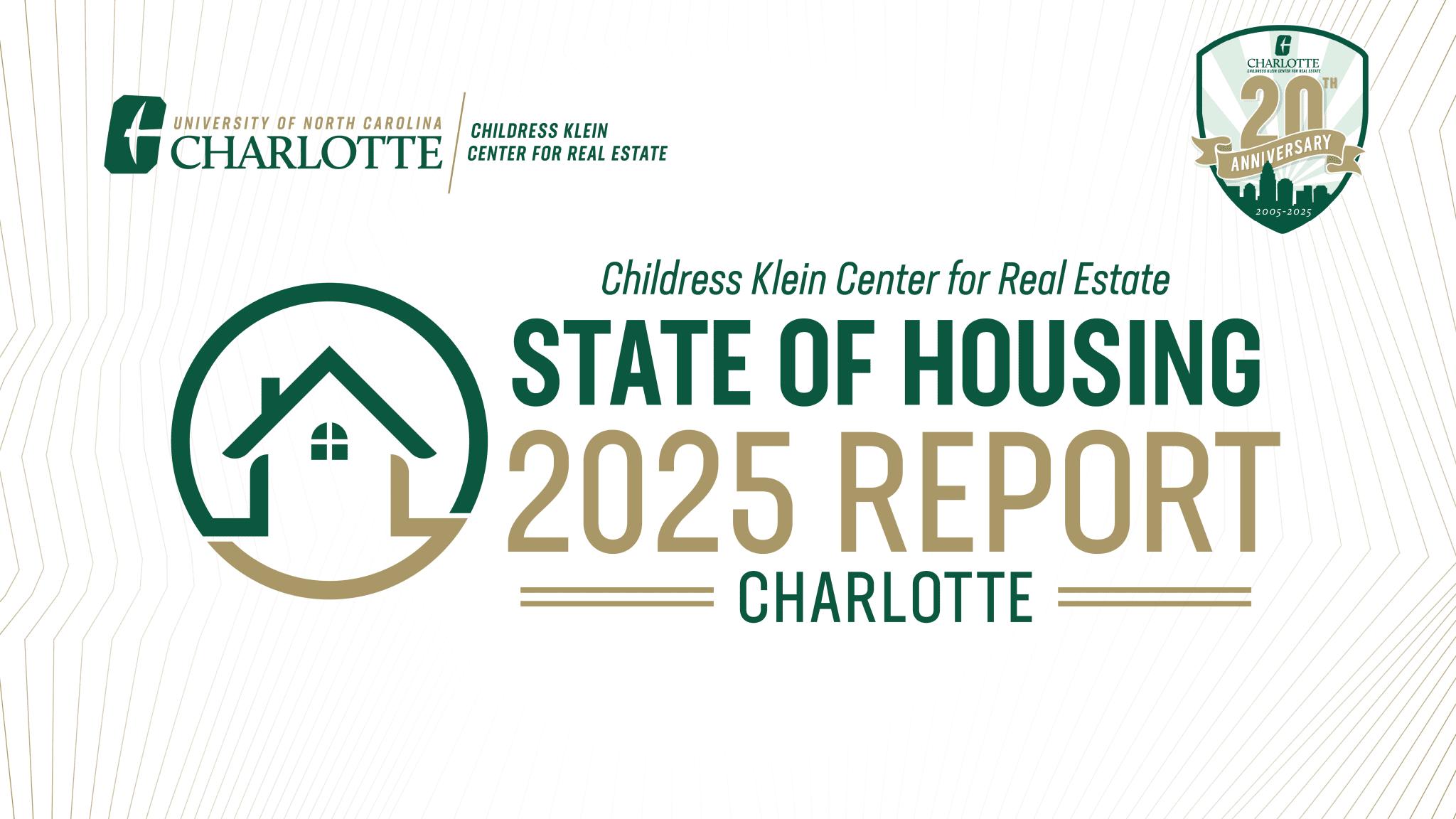
AFFORDABLE HOUSING IS CRITICALLY SCARCE, EVEN WITH IMPROVED SUPPLY
Charlotte's rapid growth has created persistent, strong demand for housing. Housing supply overall was catching up in 2024, and income growth has helped, yet affordable housing still was difficult for many to achieve.
Growth: 2023 to 2024
• Overall Charlotte metro growth: 78,255 people
• Growth in households: 24,830+
House prices continued to rise, and affordable housing is still scarce. However, household income growth has outpaced house price growth, providing some relief. Rates for rental homes stabilized following unprecedented supply increases.
The State of Housing in Charlotte 2025 Report, published by the Childress Klein Center for Real Estate in the Belk College of Business, takes a research-informed look at housing issues. In its seventh year, the report and the State of Housing in Charlotte Summit offer trusted data-driven insights for anyone concerned about housing and its influence on the economic vitality of the Charlotte region.


Dr. Yongqiang Chu, lead researcher and author of the State of Housing in Charlotte Report, conducts research in real estate, corporate finance and banking. His research is published in top finance, real estate and economics journals. He also provides insights for Charlotte area leaders and community members through news media interviews, community talks and customized briefings.
CHILDRESS KLEIN CENTER FOR REAL ESTATE FACULTY
Dr. Yongqiang Chu
Director, the Childress Klein Center for Real Estate, Childress Klein Distinguished Professor of Real Estate and Urban Economics
Dr. Richard Buttimer Dean, Belk College of Business
Dr. Chandler Lutz
Steven Ott Distinguished Scholar in Real Estate
Dr. Patrick Smith
John Crosland, Sr. Distinguished Scholar in Real Estate and Development
Dr. Kiplan Womack Associate Professor of Real Estate
Daniel Wright Center Associate Director, Senior Lecturer
SUMMARY
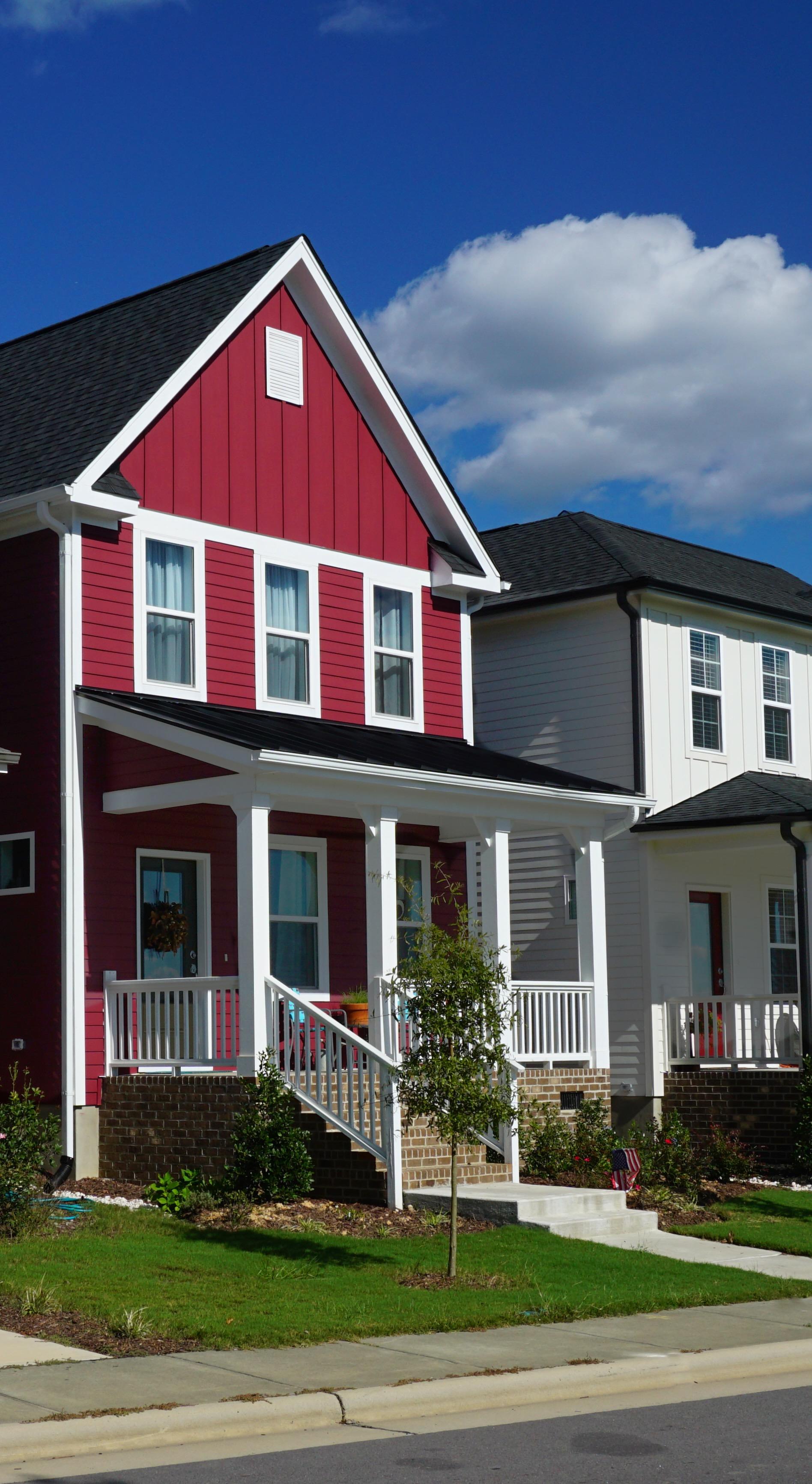
Much needs to be done to improve housing affordability. House prices have increased very quickly in the Charlotte region, making housing increasingly unaffordable. While there have been several positive signals suggesting that housing affordability in Charlotte has slightly improved in recent years, the future holds challenges.
The commonly used criteria for affordable housing says the total of costs related to housing, including utilities, insurance and taxes, should be less than 30% of a household’s total gross income. Considering current income distribution in the Charlotte region, about half of households could not afford a house priced at the lowest 10th percentile. About three out of four households could not afford a median-priced house.
In the five-year span between 2020 and 2025, the minimum income needed to afford a home in the 10th percentile increased 80%. The income to buy a home in the 25th percentile increased 81%, and to buy a median priced home increased 89%.
There has been some positive news since 2023. The income required to purchase a home in the 10th percentile and in the 25th percentile decreased slightly since 2023. Meanwhile, the income required to buy a median-priced home kept increasing despite decreasing mortgage interest rates.
Finding 1
House price growth continues at a moderate pace. The median home price in the Charlotte market increased from $429,945 in September 2024 to $443,850 in September 2025, representing a year-over-year growth rate of 3.24%.
Finding 2
Supply continues to catch up with demand. The Charlotte Metropolitan Statistical Area added 28,951 housing units in 2024, exceeding the increase in households (24,837) and creating a surplus of approximately 4,114 units. This continues the positive supply trend that began in 2023.
Finding 3
The housing market is gradually loosening. The median days-on-market increased from 19 days in September 2024 to 27 days in September 2025, signaling a less frenzied market.
Finding 4
Affordable housing remains critically scarce. Only 1.88% of houses were sold for under $150,000 in 2025, and only 17.8% were sold for under $300,000. This represents a dramatic shift from 2021, when 4.75% were sold under $150,000 and 35.7% were sold under $300,000.
Finding 5
Housing affordability shows modest improvement due to declining interest rates and strong income growth. It would take a family income of $146,280 to afford a median-priced house in 2025. This compares to the 2024 State of Housing number of $138,036. However, household income growth has outpaced house price growth, providing some relief.
Finding 6
Rental rates stabilized following unprecedented supply increases. Apartment effective rents decreased slightly from $1,591 in 2022 to $1,566 in 2025, thanks to significant multifamily apartment deliveries. The Charlotte region added 19,754 apartment units from 2024 Q3 to 2025 Q3, the largest annual increase ever recorded.
Finding 7
Population and household growth accelerated in 2024. The Charlotte MSA grew by 78,255 people from 2023 to 2024, achieving a 2.79% growth rate—the highest since 2014.
Finding 8
Future supply challenges loom. The significant construction slowdown in 2022-2023 due to monetary policy tightening is likely to cause dramatic decreases in housing deliveries in 2026 and beyond, potentially reigniting affordability pressures.
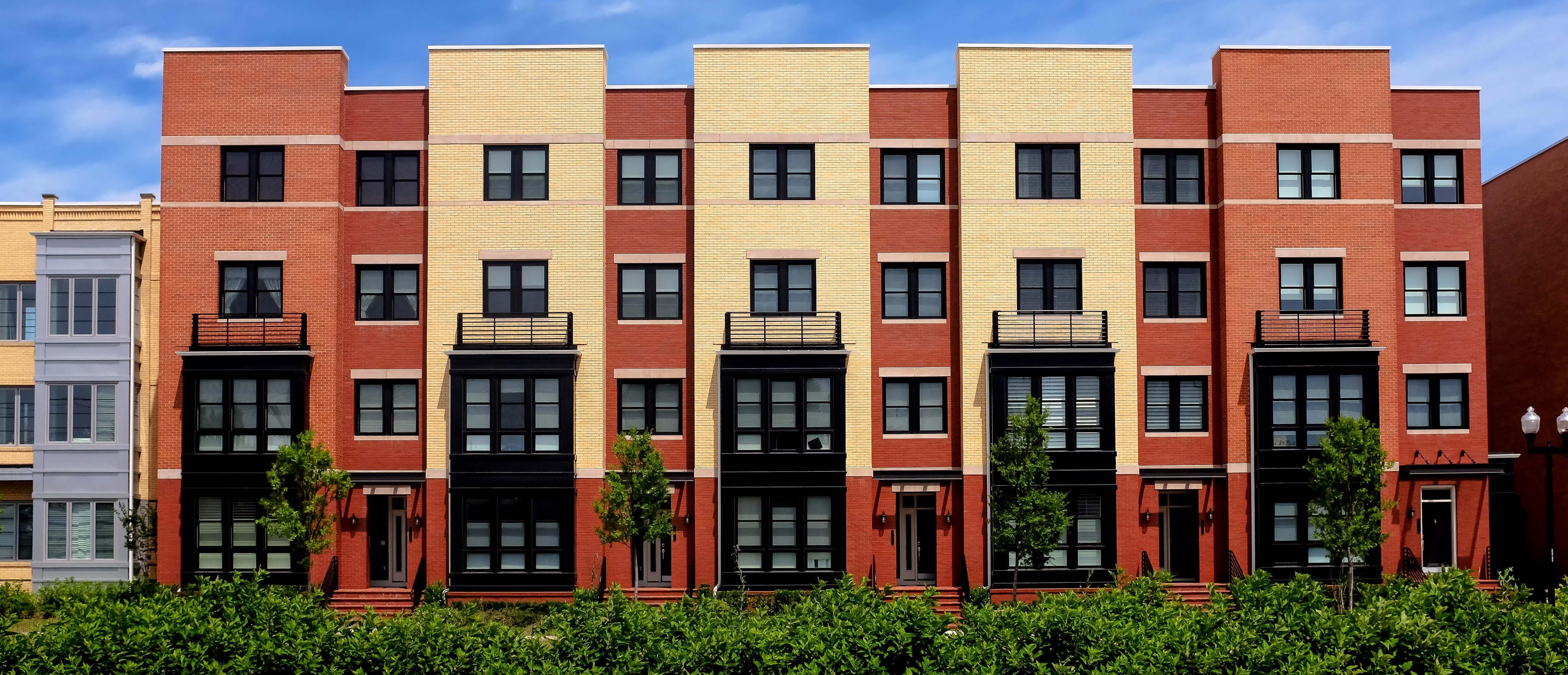
THE CHILDRESS KLEIN CENTER FOR REAL ESTATE
The Childress Klein Center for Real Estate at UNC Charlotte was established two decades ago in 2005 with support from the community, particularly the real estate industry. The center’s mission is to advance knowledge in real estate, public policy and urban economics, particularly through graduate education, innovative applied research and industry and community collaboration. It ranks among the most active research institutions in real estate.
State of Housing in Charlotte Report Starts the Conversation
The annual State of Housing in Charlotte report, first released in 2019, serves as an important starting point for discussion regarding housing policy in the Charlotte region. The report considers owner-occupied, rental and subsidized housing in an eight-county area of Mecklenburg, Cabarrus, Gaston, Iredell, Lincoln and Union counties in North Carolina and Lancaster and York counties in South Carolina. The Belk College of Business and the Childress Klein Center for Real Estate gratefully acknowledge our resource and data partners whose generous support enables us to provide this critical research to the Charlotte region. The project would not have been possible without the substantial donation of data from the Canopy Realtor® Association Multiple Listing Service.
FOUNDERS CIRCLE SPONSOR

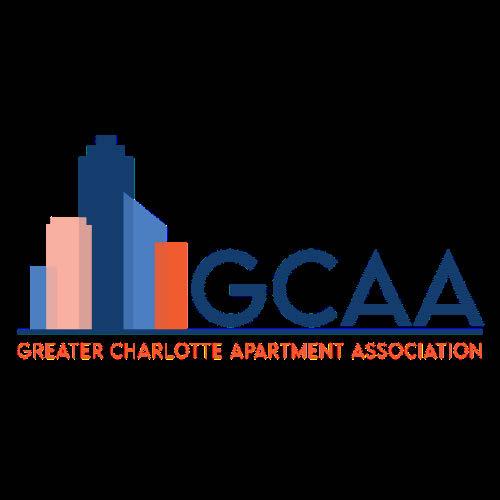

DATA SOURCES
➢ The Canopy Realtor® Association Multiple Listing Service
➢ U.S. Department of Housing and Urban Development
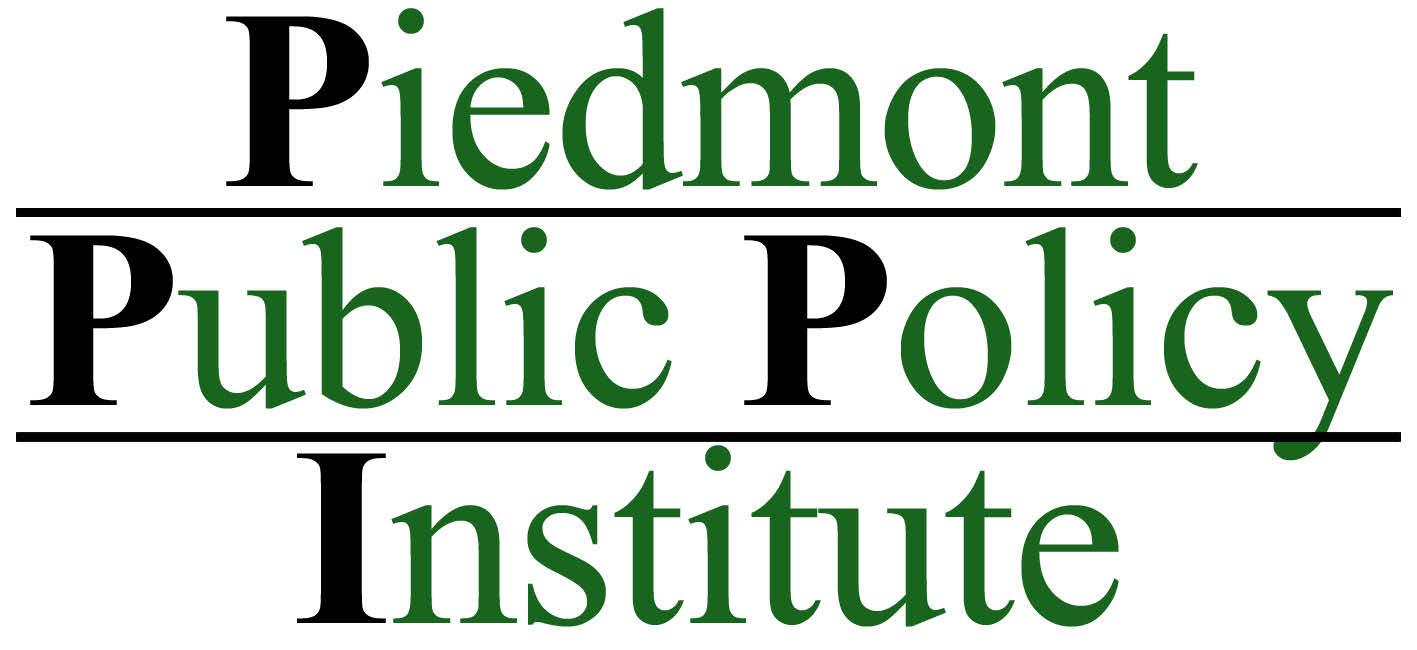
➢ U.S. Census Bureau
➢ U.S. Federal Reserve
➢ CoStar
